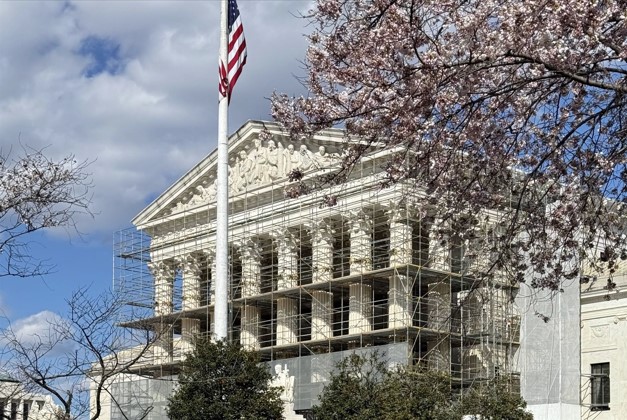Supreme Court to Decide on Religious Exemption in Tax Dispute
on Mar 28, 2025
at 7:44 pm
Overview of the Upcoming Case
On the agenda for oral arguments this coming Monday is the case Catholic Charities Bureau, Inc. v. Wisconsin Labor & Industry Review Commission. This case arrives as the Supreme Court tackles several significant religious rights issues this term, examining the extent to which the Constitution protects religious entities, particularly in terms of tax exemptions.
Background on the Tax Dispute
The dispute involves a Wisconsin chapter of Catholic Charities, which argues that the state constitutionally overstepped when it denied the group an exemption from a state unemployment tax, a privilege accorded to various religious organizations. The core issue presented is whether the state can selectively tax religious groups based on its interpretation of what constitutes “religious” activity.
Arguments from Catholic Charities
Catholic Charities contends that the state’s refusal to grant the tax exemption reflects an inappropriate limitation on the organization’s religious expression and governance. They posit that the exemption should be available regardless of how the organization defines its religious behaviors. The organization urges the court to reconsider the Wisconsin Supreme Court’s focus on the secular nature of its services, arguing that these activities are, at their core, motivated by religious principles.
Wisconsin’s Position
In defense, Wisconsin argues that the First Amendment allows for certain interactions with religious organizations, as long as they do not constitute “excessive entanglement.” The state maintains that it merely reviews whether an organization operates primarily for religious purposes and does not infringe upon individuals’ religious beliefs but instead upholds a secular standard regarding tax law.
Broader Implications
The outcome of this case has the potential to redefine the legal landscape regarding religious tax exemptions. Supporters of Catholic Charities express concerns that a ruling against them could set a precedent that limits the rights of religious organizations, particularly those with complex structures. Furthermore, organizations such as the Jewish Coalition for Religious Liberty argue that a narrow interpretation may inadvertently discriminate against minority faiths.
What Lies Ahead
The Supreme Court’s decision is anticipated to have far-reaching implications for both fiscal policy and religious freedoms across the United States. With arguments centered on the balance between government oversight and religious autonomy, the justices will consider the merits of each side carefully when they convene.

